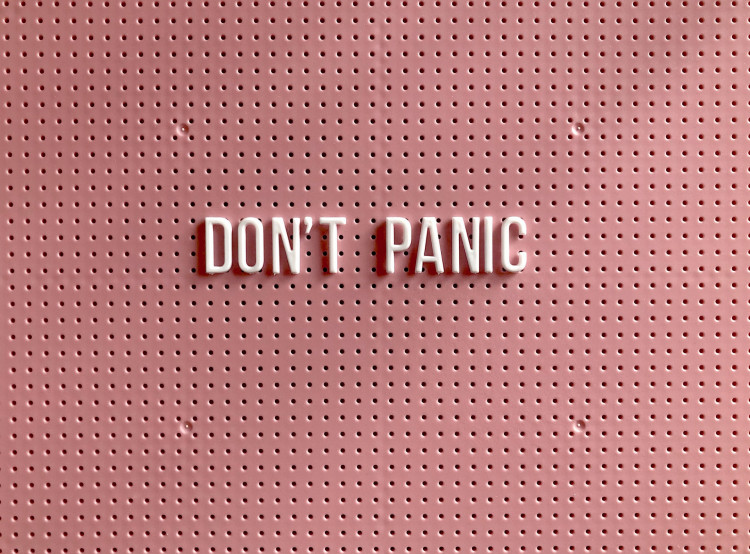Were you aware that in some ways hormones and anxiety are linked, such that the hormones might have a relationship to how anxious you feel?
This will affect neurotransmitters when the hormone levels are too high or too low, resulting in issues such as elevated anxiety. People dealing with a social anxiety disorder (SAD) may notice that hormone levels are correlated with feelings of increased or reduced social anxiety.
Hormones That May Increase Social Anxiety
There are three hormone types that can trigger your social anxiety: stress hormones, sex hormones, and thyroid hormones. Knowing more about how these hormones affect your body and mind is the first step in controlling the hormone's impact on your anxiety.
Stress Hormones
Stress hormones are released in conditions where you experience extreme distress, feel unsafe, out of control, or exhausted. Your body reacts when you encounter a difficult social or performance situation by releasing hormones such as adrenaline and cortisol to help you deal with the danger and brace for action.
Faced with no real physical hazard, however, the high levels of these hormones leave you feeling nervous and influencing the body in different ways. This becomes a vicious cycle: the hormones are triggering anxiety, the fear is causing the release of more hormones, and so on.
Sex Hormones
Even sex hormones can play a part in how much distress you experience. Changing levels of estrogen and testosterone sex hormones will affect your social anxiety. Some studies attribute too little testosterone to elevated anxiety although low levels of female sex hormones such as estrogen can also be correlated with symptoms of anxiety.
That may be why anxiety also increases in periods of hormonal change such as during puberty, at certain periods of the menstrual cycle in females, and during menopause.
Stress hormones and sex hormones will also trigger anxiety together. For starters, cortisol rises when you encounter stress, which slows down your body's ability to produce testosterone. You may feel more anxious because of the combined effect of elevated cortisol and reduced testosterone.
If that's not bad enough, testosterone has partial control over the release of cortisol, meaning cortisol is more likely to rise when testosterone is lowered. You can see that anxiety is a mechanism the reinforces itself - and the trick to managing the problems is to break the loop.
Thyroid Hormones
Lastly there is a third type of hormone that may affect the anxiety: thyroid hormones. An overactive thyroid may cause anxiety in the form of physical symptoms such as elevated heart rate, palpitations, shakiness, and increased sweating. This can make your social anxiety worse if you live with a thyroid disorder.






